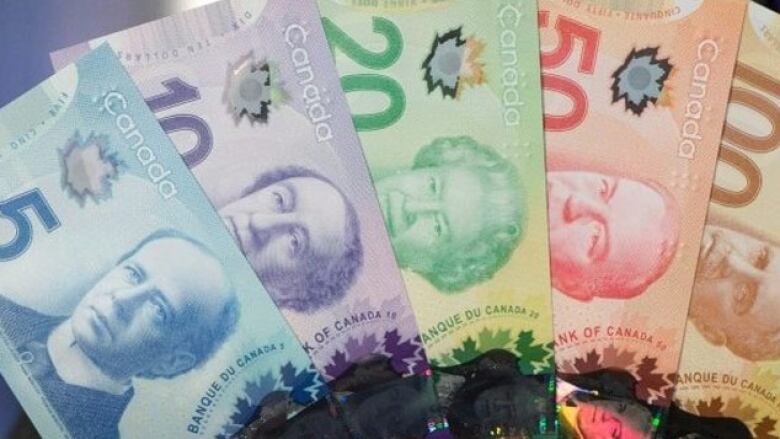What will, or should, Burnaby do with its $1B reserve fund?
Lower taxes? More affordable housing? New community centres? Pundits and critics weigh in

Political pundits and critics are raising questions about the future of a billion dollar fund sitting in the City of Burnaby's financial reserves.
The third largest city in B.C. has accumulated more than $1 billion in reserve funding after years of investments, land sales and by cashing in on the recent development boom in the region. Community benefits, much of it in the form of cash, have been coughed up by developers in exchange for building homes with more density.
Burnaby is one of only two cities in B.C. that operates debt-free. Langley is the other.
"This is obviously good financially," said Gordon Price, the director of SFU's City Program and a former Vancouver city councillor.
"Now the question is, is that [are] they making the right decisions about how they raise and spend the money."
Mayor Derek Corrigan says the funds have largely been designated for future facilities and infrastructure needed to support the city's growth.
"I think if you're going to see all this new growth in your community, you want to see some real benefits," he said. "If you get a new ice rink or a new swimming pool, that shows that this growth has been worth it."
He estimates the money will be used for infrastructure projects and community amenities that will take place within the next five to 10 years, depending on the city's capacity to build during that time.
But part of the money will be spent sooner, replacing necessities such as new police cars and garbage trucks, he says.
More affordable housing?
Some community advocates say they see the fund as a chance for the city to invest in more affordable housing.
Kishone Roy, CEO of the B.C. Non-Profit Housing Association, says the rental housing situation in the city is the "most severe" in the country when his organization measured it on factors, such as overcrowding and the ratio of income to the cost of rent.
He recognizes that housing isn't typically a municipal responsibility but says this could be viewed as a "municipal opportunity," with the city offering to bear a percentage of potential costs.
"If the City of Burnaby could use it to leverage federal and provincial dollars, I think it would be excellent," he said.
Price points out that even if the city considers housing beyond the scope of its responsibility, other levels of government may find it "tempting" to tap into their funds, now that it's there.
According to the city's 2016 financial report, $52 million has already been designated towards an affordable housing fund.
'Just excess taxation'
Candidates who failed to crack the slate during the last election, nearly all of whom were incumbents, are calling for other changes.
Helen Ward, a Burnaby First party member says, for starters, council should consider lowering property taxes.
"If you've got a surplus that much every year, and you keep adding to it, that's just excess taxation or not spending the money properly," she said.
Many homeowners likely felt the tax pinch when average residential property values in the city rose by about 30 per cent in the last year, as determined by B.C. Assessment.
An increase in land value is out of the city's control. However, in April, council approved a 2.95 per cent increase in property taxes to keep up with rising operational costs.
Fellow party-member and accountant, Matthew Hartney, questioned whether the city should hang on to such a large reserve fund when interest rates are low.
"I would never buy a home [and wait] until I saved up that two or three million in cash and then once I get that, that's when I'll go shopping," he explained.
Even if the city chooses to continue in its current direction, he believes there should be significant public consultation on how the funds are used, since it belongs to the taxpayers.
With Burnaby's next election just over a year away, Price says the city will be an interesting place to watch.
He says debating what to do with a billion dollars, could end up being a sticking point for voters heading to the polls.